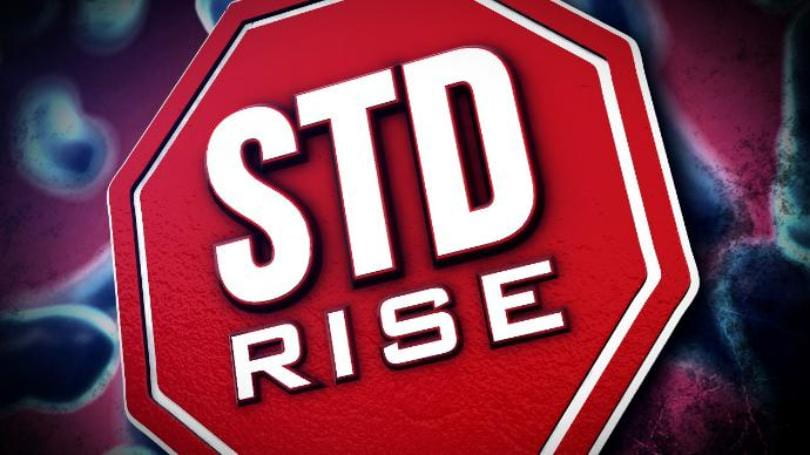STDs are on the rise in Florida, and BC’s Student Life offices hold different educational programs about HIV/STD prevention throughout the year.
Anabel Sanchez
Online Editor
Despite national and local campaigns for safe sex over the last decade, gonorrhea, chlamydia and syphilis are on the rise as the top sexually transmitted diseases for the fourth year in a row, according to the Centers for Disease Control and Prevention.
In 2017, 2.3 million US cases of these sexually transmitted diseases were diagnosed.
However, in Florida, the most surprising and troubling of the latest data gathered is the reemergence of syphilis within newborns. In its annual surveillance report, the Centers for Disease Control and Prevention report that syphilis spiked from 362 in 2013 to 918 in 2017.
Currently, Florida ranks at No. 5 for the highest rates of babies born with congenital syphilis, which is passed on by their mothers.
There have been 93 cases of congenital syphilis in 2017 in Florida, up from the 60 cases reported the year prior. The Sunshine State’s health department has reported the greatest increases of congenital syphilis in five counties: Miami-Dade, Broward, Duval, Escambia and Orange.
Health officials say the surge in congenital syphilis is a major concern because the disease can have life-threatening effects on babies, including miscarriage, physical and mental health problems, as well as infant death.
However, if screened on time, these diseases and the infections they cause can not only be treated but also prevented.
Jonathan Merman, director of the Centers for Disease Control and Prevention, states, “No parent should have to bear the death of a child when it would have been prevented with a simple test and safe treatment.”
This news comes on the heels of Science Magazine’s June 2018 report which revealed that both Miami and Fort Lauderdale have the highest rates per capita of HIV diagnoses, doubling figures from Los Angeles and even New York City.
Miami currently rates at 47 per 100,000, while, Fort Lauderdale rates 41 per 100,000.
Overall, health officials are concerned that Florida is in a potential backward slide regarding sexually transmitted disease awareness and the screening processes that are intended to help prevent the spreading.
Director of the CDC’s National Center for HIV/AIDS, Viral Hepatitis, STD, and TB Prevention, Dr. Jonathan Mermin, states,
“It’s important for the public to understand that most sexually transmitted infections are transmitted by people who do not know that they’re infected.”
With these alarming rates, health officials are imploring that preventative care is the answer to lowering the rising numbers. For those who are sexually active, getting regular testing and practicing safe sex is key and much more effective than tackling it via a curative objective.
BC holds events throughout the year to educate students about HIV and sexually transmitted diseases. On South Campus, Broward House and Florida Department of Health provide resources and information during our Seahawk Resource Fair.
Students are also able to obtain free condoms at the Student Life office. In addition, Broward House provides an HIV/STD testing van every other Tuesday during the Fall and Spring term that offers free testing services.
On Central Campus, HIV and STD testing are offered twice a month, which is free for students. There are also safe sex workshops and an HIV and STD fair each semester.
Additionally, there are tables set up within the Student Life area with community resources that have information on free HIV and STD prevention. Lastly, Student Life provides safe sex kits to students.
Visit your campus Student Life department for more information.
sancha9@mail.broward.edu
